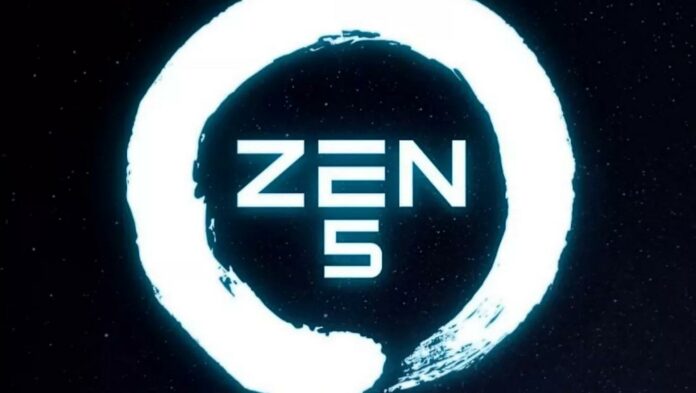AMD Zen 5 CPUs may be slower than expected if the latest rumour is true. Instead of the 40% uplift claimed previously, a new source talks about a more reasonable 10% IPC increase.
According to Lenovo’s China Manager on Weibo, AMD’s upcoming Zen 5 architecture will not bring a 40% performance uplift compared to Zen 4. Apparently, next-gen chips will offer a more reasonable and believable increase, with Cinebench R23 single-threaded performance surpassing 10%. This’ll be a bummer for many as the previous generation touted a 14% uplift moving from Zen 3 to 4.
Though synthetic benchmarks are fine to compare between products, at the end of the day it’s real-world performance that counts. Since we don’t know much about Zen 5 optimisations, we can’t state if it will be worth grabbing or not. That said, 10% isn’t that bad, especially if these chips are efficient or highly overclockable. Seeing the energy cost these days, I tend more towards the former.
While performance is important, what will impact the buying decision of many is an entirely different aspect of these chips. Alongside the new IPC claims, the source suggests that AMD will no longer provide Windows 10 drivers starting from Strix Point. Considering how users continually refuse to upgrade to Windows 11, with many even going backwards from Windows 11 to 10, AMD would shoot itself in the foot with such a decision. If true, the only hope would be driver ‘retro-compatibility’ as non-Windows 10 drivers sometimes work just fine.
Whether we like it or not, Zen 5 won’t be only about compute performance. AMD will focus on NPUs on some models to leverage the uptick in AI tasks, not to forget optimisation to the AVX 512 instruction set. But as usual, take all of this with a grain of salt until the official announcement.


